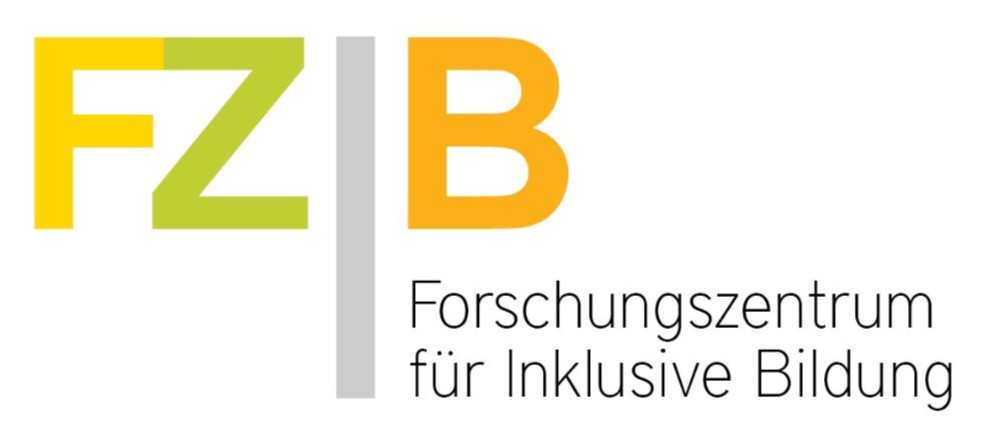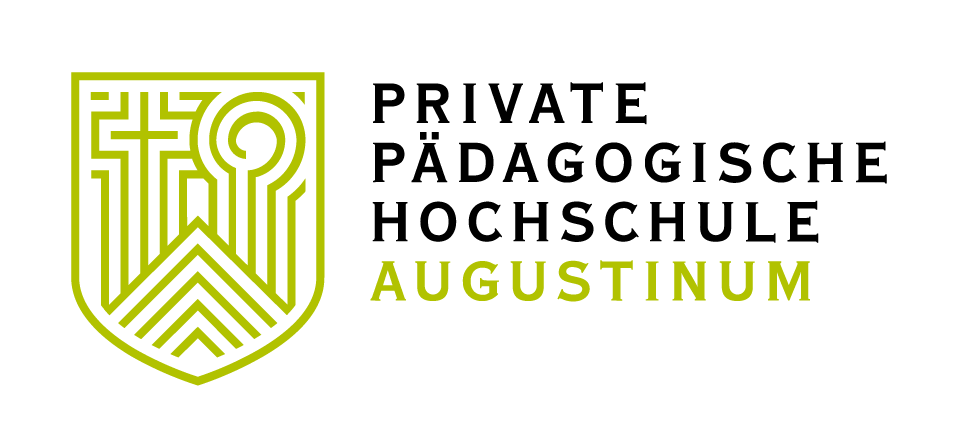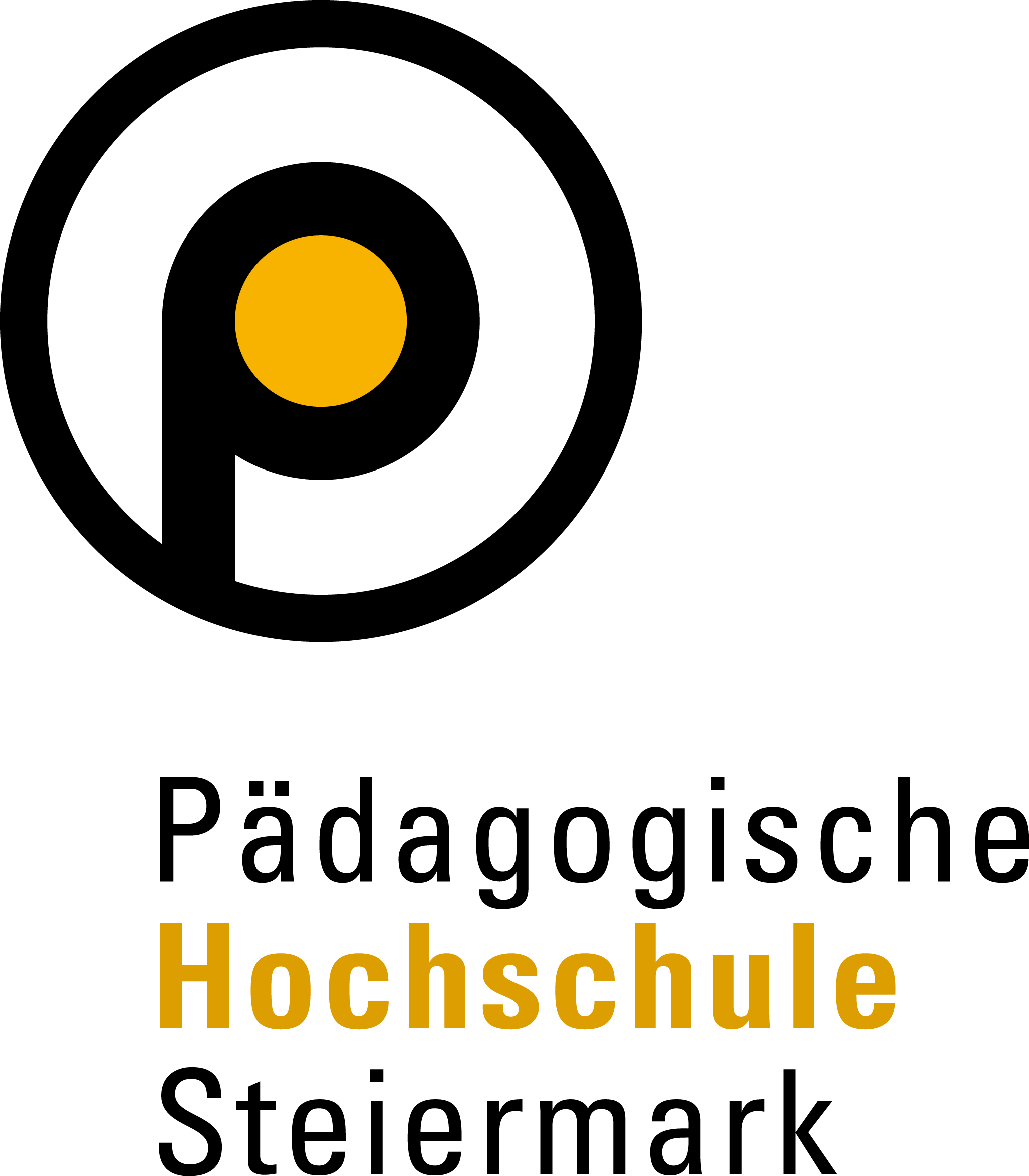Further projects of the cooperating partners
"A common language at school"
Erasmus+ project to implement the ICF (International Classification of Functioning, Disability and Health, WHO 2001) in classrooms, schools and education
Project description: "A Common Language in School" offers a resource package for use in class, school and education for pupils with special to complex developmental and educational needs. The ICF of the WHO (2001) is applied here with the aim of being able to describe the individual situation of a child and his or her participation in comparison with peers in a common language in a strength-oriented manner, to be able to plan and implement learning processes holistically, professionally as well as interdisciplinary and cooperatively and to be able to promote the inter- and transdisciplinary action of all those involved with the aim of realizing inclusion in teaching, school and education.

The Erasmus+ project started on September 1, 2018 as part of the Key Action "Cooperation for innovation and the exchange of good practices" and offers
- specific ICF-related training materials for teachers and other professional groups working in schools (modules on the basics of the ICF, the coding system and specific implementation strategies)
- a version of the ICF (WHO, 2001) suitable for everyday school life with the aim of transforming the sometimes complex code definitions into a language that is close to life and the family, so that parents or guardians and all stakeholders in the "team around the child with developmental difficulties" can participate fully on an equal footing,
- Pupils with special to complex educational needs are given self-assessment tools that focus on their individual strengths and participation needs,
- school psychologists diagnostic tools that are linked to the WHO quality criteria and can be connected to the ICF coding system so that results can be directly transferred into a common language and evaluated in an internationally comparable manner in accordance with the specifications and standards of the WHO qualifiers.
Project partners: Austria: Dr. Pretis S.I.N.N., Unterstützungsverein Schulpsychologie Steiermark, University College of Teacher Education Styria, DI Wilhelm Stadler/InfoPro; North Macedonia: Obrazovanie za site (Education for all), Primary School Vanco Prke; Germany: MSH Medical School Hamburg GmbH, Pfennigparade - Phoenix Schulen und Kitas GmbH; Turkey: CGEDER Cocuk Gelisimi ve Egitimcileri Dernegi, Down Sendromu Dernegi.
RCIE researchers: Prof. Dr. Andrea Holzinger (PHSt); Prof. Silvia Kopp-Sixt MA (PHSt); Mag. Katerina Todorova (till 31.8.2024 PHSt).
Duration: 2018 - 2021
More projects to read about
EACEA project (Erasmus+ KA3) to promote social inclusion through arts education
Project description: The "INARTdis" research project examines the opportunities for participation in access to the arts for all. The cooperation partner for this project in Styria is the Universalmuseum Joanneum, Department of Inclusion and Participation, headed by Angelika Vauti-Scheucher. The Austrian evaluation of the National Action Plan on Disability (Federal Ministry of Social Affairs, 2020) already points to the need to expand barrier-free access to cultural institutions, to plan additional educational projects and to promote and broaden the cultural participation and activity of people with disabilities. To achieve these objectives, the EACEA project INARTdis (Erasmus+ KA3) is developing research contributions for educational and cultural institutions. Building inclusive societies, open to diversity, with equal opportunities for all people is also one of the main goals of Agenda 2030, the international program for sustainable development promoted by the United Nations in 2015.
Accessibility in museums is not only sought in an architectural sense, but also in terms of linguistic, cognitive or psychological barriers. The aim of promoting inclusive education and training as well as social participation is pursued by supporting teachers in educational institutions, museum education staff, by disseminating proven inclusive approaches and by implementing new inclusive methods of art education in the longer term.
The survey of current barriers to access to cultural institutions forms the starting point. The needs of people with disabilities and their assistants for an inclusive design of encounters with art and culture are then developed. Based on these results, special training programs for barrier-free access to art will be developed, evaluated and implemented for staff in the fields of education and outreach. In July 2023, the project will culminate in an inclusive museum festival at which the works created during the process will be presented in a publicly accessible exhibition in the Joanneum Quarter.
Project partners: Free University of Barcelona (project coordination), University College of Teacher Education Styria, Nordberliner Werkgemeinschaft, University of Cantabria, Institut Politécnico Lisbon and Education for all (North Macedonia)
Researchers: Prof. Dr. Monika Gigerl (project management, PHSt); Prof. Elisabeth Herunter, Prof. Karin Gollowitsch, Prof. Dr. Andrea Holzinger (PHSt)
Duration: 01.12.2020 until 30.11.2023
Brief description: Due to the coronavirus pandemic, teaching at Austrian schools took place in the form of (digital) distance learning for several weeks during the 2020 summer semester. This project investigated the opportunities and challenges that this form of teaching brought for students with disabilities. The focus was on the approaches and experiences of primary school teachers.
Researchers: Prof. Dr. Andrea Holzinger, PH Styria, Prof. Edvina Bešić, PhD, PH Styria, Prof. Ursula Komposch, PH Styria, Prof. David Wolhart, BEd, PPH Augustinum
Duration: 2020-2021
Short description: Flight and migration are much-discussed topics that are usually stereotyped and presented as problematic, especially in school textbooks. The book "Das Boot: eine Fluchtgeschichte" is intended to help critically question the prevailing problem discourse. As part of our research project, we explored the topic of "flight" at primary school level and developed innovative teaching materials on this topic based on the book. We are currently developing materials for secondary schools.
Researchers: PH Styria: Prof . Edvina Bešić, PhD (project management); University of Graz: Katharina Maitz MA
Health literacy and diversity for pupils at lower secondary level (HeLi-D)
Project description: The aim of the HeLi-D project funded by the Styrian Health Fund (January 2018 to December 2020) is to develop an adaptive, digital training program comprising five modules on different health-related topics in order to contribute to the promotion of health literacy, understood as finding, understanding, critically evaluating and applying health-related information, among pupils. The special feature of the training program is the differentiated content, so that all pupils in a class can work on one and the same topic in an inclusive setting, regardless of their individual skills.
Researchers involved from the University of Graz: Univ.-Prof. D r.phil. Barbara Gasteiger-Klicpera (project leader), Katharina Maitz, PhD MA BA BA, Dominik Pendl, BA MSc
Cooperation partners: University of Graz (project coordination), Know Center Graz, Medical University of Graz


